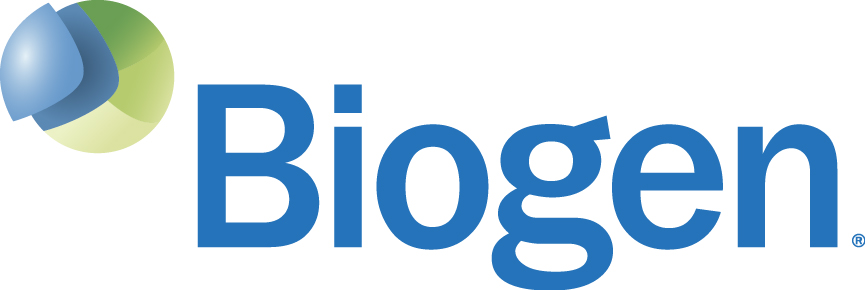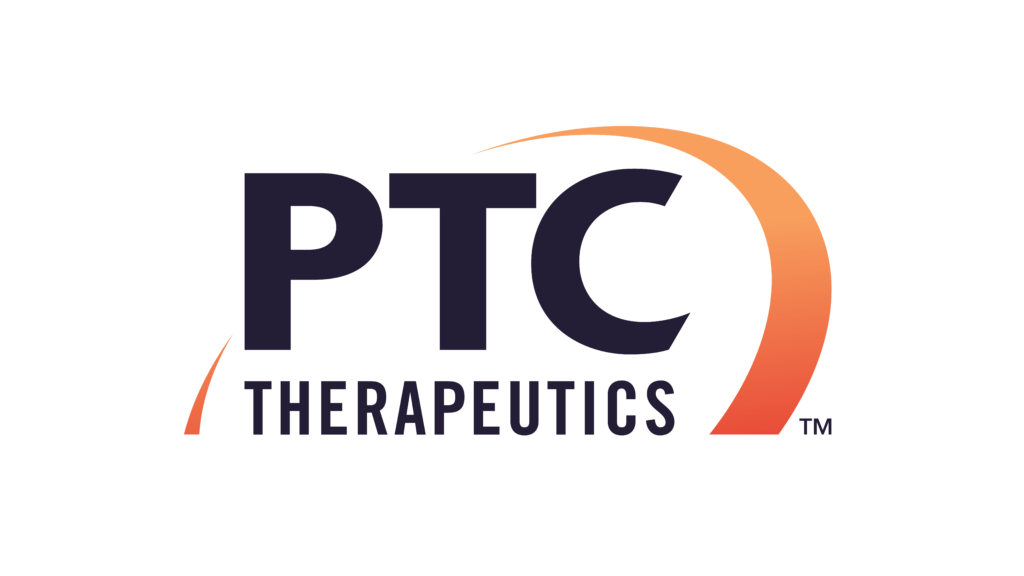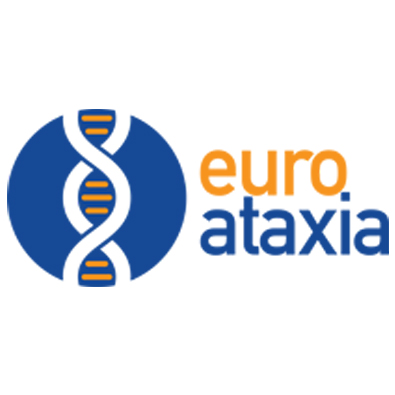The 2024 Euro-ataxia conference took place in London on 15th-16th November, organised by Ataxia UK. The conference was a great success; fourteen ataxia patient groups, as well as researchers and pharmaceutical representatives gathered to share best practice in healthcare and research.
Talks included updates from clinical trials, patient group presentations, and panel discussions. On the first day, there was a panel discussion chaired by Ataxia UK’s Head of Research, Julie Greenfield. The panel of industry representatives discussed the development of outcome measures in ataxia clinical trials, and the journey of building effective co-operation with medicines regulatory agencies such as the FDA and EMA. Later that day, Professor Paola Giunti shared results on the benefits of Specialist Ataxia Centres in the UK, Italy and Germany, in terms of symptom management, co-ordination of care and referrals, and opportunities to take part in research. Read about the results of this research on the Ataxia UK website.
A number of junior researchers gave lay talks on their research, on topics including research on brain changes in SCA3 and modelling sensory neurons in FA using stem cells. You can see slides of some of these talks on the Euro-ataxia website.
On the second day, representatives of six ataxia patient groups shared new projects and best practice in providing support to those living with ataxias. This included a talk from the director of the SCA27b Foundation, Mary Hogan. The SCA27b Foundation was set up by the Darby/Nye family in the US in May 2023. The SCA27b Foundation is currently working with the pharmaceutical company Solaxa on a clinical trial of the drug 4-Aminopyridine to treat SCA27b. You can find out information about SCA27b, including the ‘SCA27b For Me’ educational tool, For information on genetic testing for SCA27b in the UK, visit our website here. If you or someone you know has a genetic diagnosis of SCA27B, please let us at Ataxia UK know by email sparr-reid@ataxia.org.uk, so we can plan for future trials.
Later, physiotherapist from France Iris Marollaeu presented a talk on Brain Mouv’ (Brain Movement) a free physiotherapy website designed for people with ataxia. The website enables you to create your own tailored physiotherapy courses to complete, such as improving your balance. Speak to your physiotherapist to find out whether you might benefit from using the Brain Mouv’ website, and they can help you select the appropriate exercises for you.
The President of Euro-ataxia, Andreas Nadke, said ”It is great to see how many people in Europe are pursuing the same goal, fighting against the disease and supporting those affected. For the future, I would like to see even closer co-operation with researchers, pharmaceutical companies and the regulators in the respective countries in order to further improve the lives of people affected. We are happy to support research and the authorisation of new drugs”.
We are very grateful to the sponsors of this event:


You can view the full programme and presentations below:
Friday:
Flash talks from junior researchers attending ICAR (Chairs: Thiago Rezende and Magda Santana)
-Louisa Selvadurai “Further Development and Validation of the Cerebellar Neuropsychiatric Rating Scale (CNRS)©”
-Mónica Ferreira “Brain changes over time in SCA3: Their role in treatment and therapy development”
-Amy Hulme “Investigating the mechanosensory neurons in Friedreich’s ataxia using stem cell models”
-Daiana Machado “Diagnosis journey of Brazilian Friedreich’s Ataxia patients”
-Uffaf Khan “Pleozymes: a novel, pleiotropic nanozyme for targeting metabolic deficits in ataxias”
Updates on recent clinical trials:
Session Chair: Julie Greenfield (Ataxia UK)
Vatiquinone trial in Friedreich’s ataxia Troriluzole programme for Spinocerebellar ataxias – Prof Alexandra Durr and Ms Elodie Petit (Sorbonne University Paris, France)
Dr Melissa Beiner (Biohaven Pharmaceuticals)
Current challenges in ataxia trials and drug regulatory approvals
The challenges of assessing ataxia progression, and consequences for clinical trials and regulatory approvals – Dr Christian Rummey (Clinical data science GmbH
Where is ataxia research headed and highlights from ICAR 2024 – Prof Massimo Pandolfo (McGill University, Canada)
The value of Specialist Ataxia Centres – Prof Paola Giunti (London Ataxia Centre UCL/UCLH
Advances in gene therapy Dr Luis Pereira Almeida (University of Coimbra, Portugal)
Saturday:
Patient Group presentations (new projects and sharing best practice)
–Mary Hogan, SCA27B Ataxia Foundation
–Sue Millman, Ataxia UK
-John Gerbild, Denmark Association for Ataxia and HSP
–Lauren Moore, National Ataxia Foundation
–Susie Norbury, AT Society
-Arsho Rad, Ataxia Foundation – Sweden
FA Global Clinical Consortium – Myriam Rai, FARA
Brain Mouv’: A new physiotherapy app for people with ataxia – Iris Marolleau, Neurologie’K, France
Living with Inherited Ataxias: Illness perceptions, illness uncertainty, coping and psychological adjustment
Session Chair: Andreas Nadke
Mary Kearney, Research Fellow at the National Ataxia Programme, Tallaght
University Hospital
Patient Advocate Involvement in ERN-RND – John Gerbild, Denmark Association for Ataxia and HSP

